Beauty withers when growth reigns
...and unless you’re a Titanium Diamond Plus customer, get to the back of the line.
brave enough is a newsletter about finding balance between technology, nature and modern life. Join the club ❤️🔥
Everything about shopping for groceries these days makes my body ache with the weight of late-stage capitalism. There’s something so deeply depressing about the entire experience, from the zombie-like expressions of my fellow shoppers to the mountains of cheap, chemical-filled foods with zero nutritional value.
I am old enough to remember when baggers were a thing at the supermarket — they even had them in the big chain stores. These employees waited at the end of the register and helped every customer to pack their items away. Now with the eyes of an adult, I realise just how helpful this would have been, especially for the elderly, or for mothers shopping with several children in tow. This all feels like a distant memory now. I catch myself taking part in the pantomime of quickly staking everything in my bags, often without a proper surface on which to rest them, all while more and more items are thrown in my direction by a miserable, overworked person.
I feel it when I’m in hotels detailed with the most apathetic graphic design imaginable. Hotels where statements like ‘Paint the town red, baby!’ have been printed on a sticker and stuck to the elevator mirror. A tragic mini-bag of Haribo gummy bears awaits on my pillow, a gesture that I guess is supposed to make up for the fact that nobody was there to help me check in when the iPad in the entryway malfunctioned. Fake blackboards in the dining area depict cutesy farmers and bakers at work, claiming the food is made fresh daily. In reality, a good 90% of it was made industrially and fished out of a plastic bag.
I feel it in co-working spaces that disguise themselves as third spaces, trying so hard to be cool that they end up reeking of organised fun. Inoffensive indoor plants like monstera deliciosa and epipremnum aureum grow from geometric, gold-toned pots. There’s always an en vogue dog, like a Frenchie, trotting around. A Polaroid camera and a wall with clothes pegs and strings beg you to hang up pictures from the #community. A community in which, when I bring up the fact that the desks in the office rooms don’t have adjustable heights (and therefore break work health and safety regulations), I am swiftly ghosted by everyone working there.
I feel it in the way that new buildings are simple, flat and unadorned. What was once arguably modern or minimalist is now embarrassingly economical. In Berlin’s altbaus (pre-war apartments), ceilings decorated with intricate stucco ornamentation tower over herringbone parquet flooring. Such flourishes seem excessive now, an echo of craftsmanship long gone. All around me, sloppy buildings and products are churned out like fast food. I follow a UK-based couple on Instagram who are renovating a house. They once explained that whenever they speak with contractors for jobs like putting in a kitchen, they are always asked: “is this house for you, or are you selling it?” They eventually realised that they were being asked because, if the latter, the contractor would do the work as cheaply as possible, so that the couple could then flip the house for the most profit. Sure, the kitchen cabinets may be hanging from their hinges 24 months later — but by then, that’s the new owner’s problem.
The grating sameness of our physical world is reflected in the digital one. All major platforms look identical. I open the YouTube app on my phone and it brings me directly to auto-playing Shorts, their version of TikTok. Squint hard enough and Substack’s Notes feature becomes X or Bluesky. Big Tech — once a beacon of ingenuity and vision — now feels stale and predictable, a virus creating copies of itself.
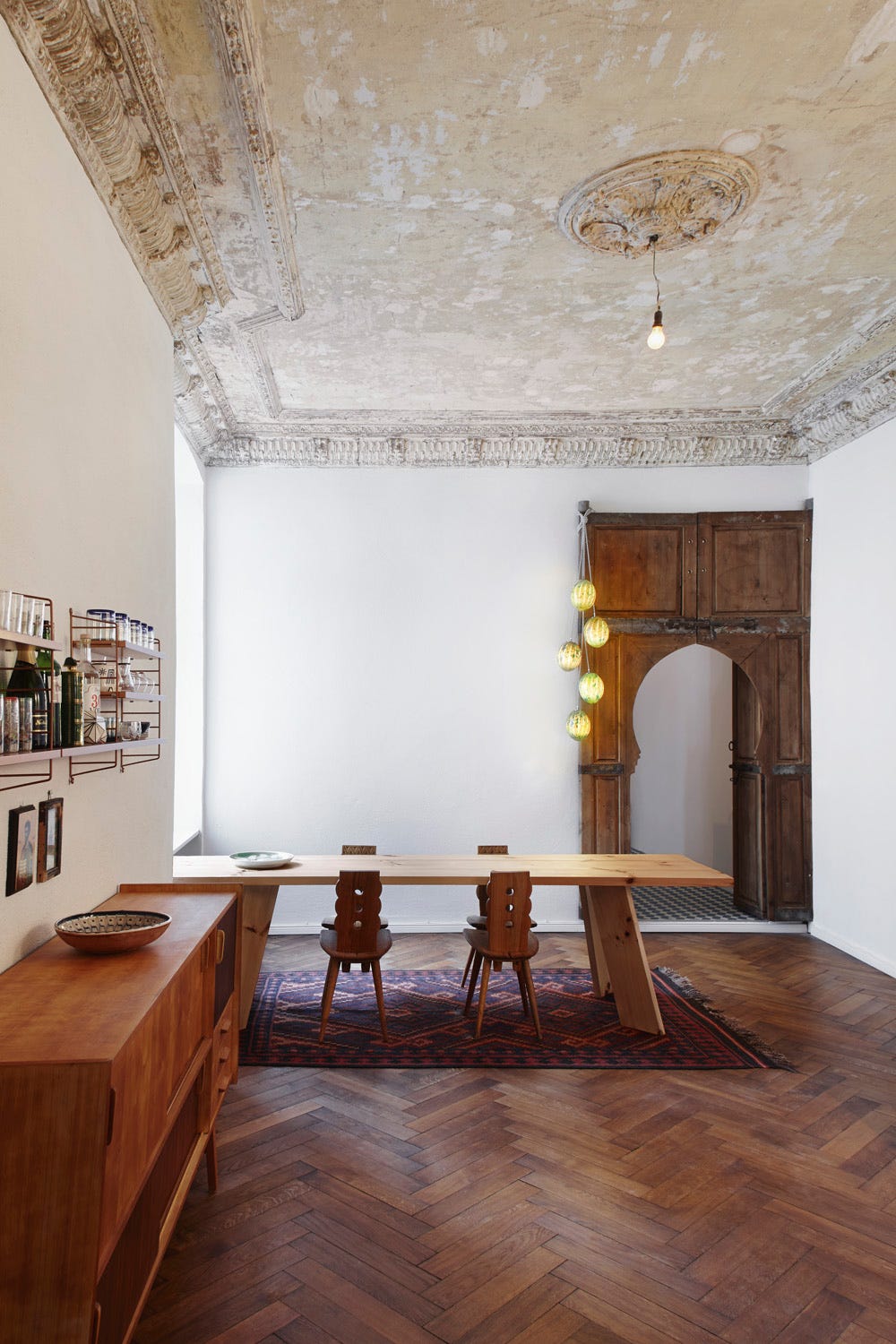
I feel it when I fly on most airlines. On my last flight with Ryanair, I was fined €65 for using a bag that was “too large”, despite the fact that I have flown with this bag on Ryanair at least twenty times before. When I tried explaining this, the person working at the desk cut me off. They pointed at the card machine, their face a Tutankhamun mask of utter indifference. When I arrived at my seat, it was filthy — literally sticky with pieces of food and spilled cola. I mentioned this to the cabin crew, who glared at me as they fetched something to clean it. They wiped it briskly with a single dry napkin and then shouted at me to sit down. When I told people about this story, they chuckled. “Well, that’s what you get if you fly on a budget airline. It’s what you deserve.” That flight cost €130. I’m not expecting a chilled crémant waiting at my seat, but I do expect the bare minimum.
It’s as if any shrivel of service and craftsmanship is now considered premium or luxurious. Basic hospitality is automatically subtracted from almost every experience, no questions asked. When everything has to be optimised to infinity, where any margin for growth is already chipped away to the nub, our humanity is the only thing left to work with — and work with it they do, greedily sucking out the marrow. Unless you’re a Titanium Diamond Plus customer, get to the back of the line. The sad part is that companies have almost no choice but to take part. They need to scale their business, otherwise a competitor will come and swallow them whole. Small companies are being pinched and punched from every angle by rising costs and stifling regulations. Big business can play with our legal system, winning over regular people as if it’s a game of chess. We’re all stuck in this bear trap of our own creation.
Long-established crafts and vocations are fraying at the edges. It’s near impossible to find a plumber that will do work that isn’t commercial. Doctors and nutritionists are taking to social media for extra cash. It’s considered normal for writers to have full-time lecturing positions as well as other freelance jobs to “afford” to be a writer. The ability to go deep into your passion or skill and make an honest living out of it is fading right before our eyes. Rather than being a butcher, a baker or a candlestick maker, why not have a ✨portfolio career✨? This term, pushed on Substack and YouTube with girlboss-levels of vigour, is just code for having five different jobs at once.
It’s also a unanimously accepted statement that buying vintage clothing and furniture is the only way to guarantee that you’re getting something of real quality. Aside from a handful of established outliers like Le Creuset or Dyson, most products are made cheaply and don’t last the test of time, even with a luxury price tag attached. Why don’t we want to make things that last? It’s as if we’re speeding so fast through time itself that we don’t care what moves with us, as long as the abyss ahead has wifi and iced matcha.
Worse still, what happens when we run out of things to optimise? What is left when every last feather is plucked away? We’ve become so fixated on growth that we lost sight of what is shrinking. I envisage creativity, hospitality and craftsmanship — all the things that are so beautifully, quintessentially human — as thin slivers of soap, getting smaller and smaller by the day. In a world that has turned us into truffle pigs who snort in the dirt for profit and engagement, why bother smiling at a customer if you’re not getting paid to?
All of this leads to me missing a world that I’m not even sure existed. There’s a word in Welsh which describes what I’m feeling: hiraeth. There’s no direct English translation, but it basically means to long for a place, a thing or an idea. It’s both a beautiful and melancholic word because it carries in it the sense that you’re far away from what you so desperately want. It’s the feeling you get when you revisit somewhere from your childhood that has changed forever, when you hear a song that reminds you of a moment long gone, or, like me, when you crave a different way of living that feels frustratingly possible, yet so far out of reach.


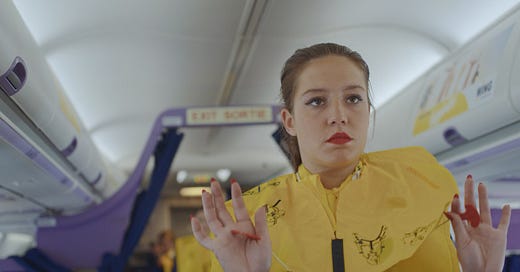


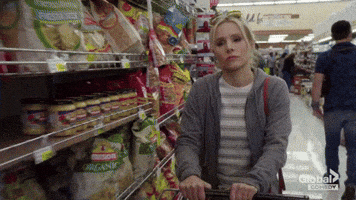
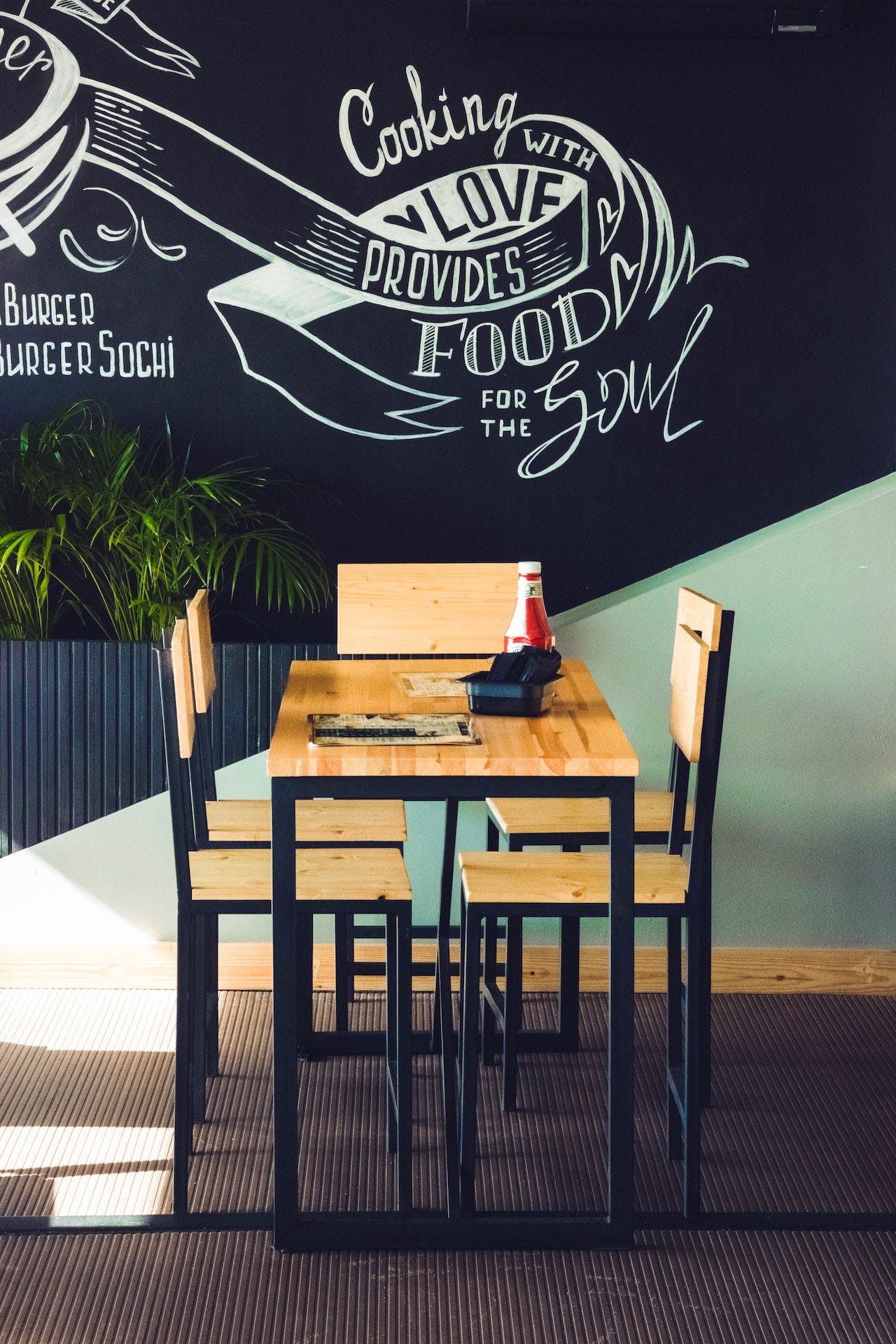
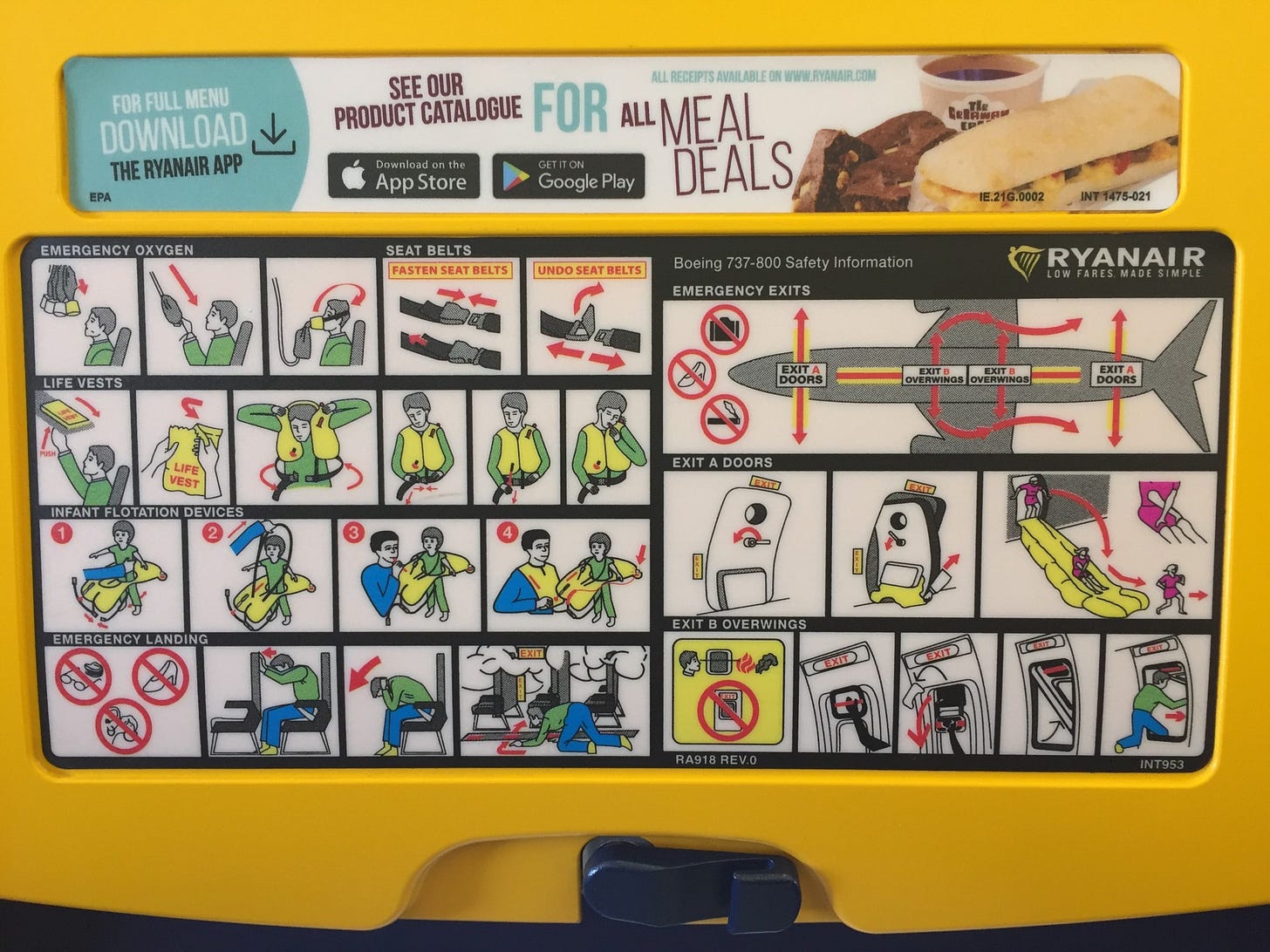
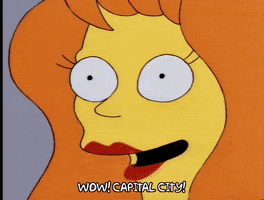
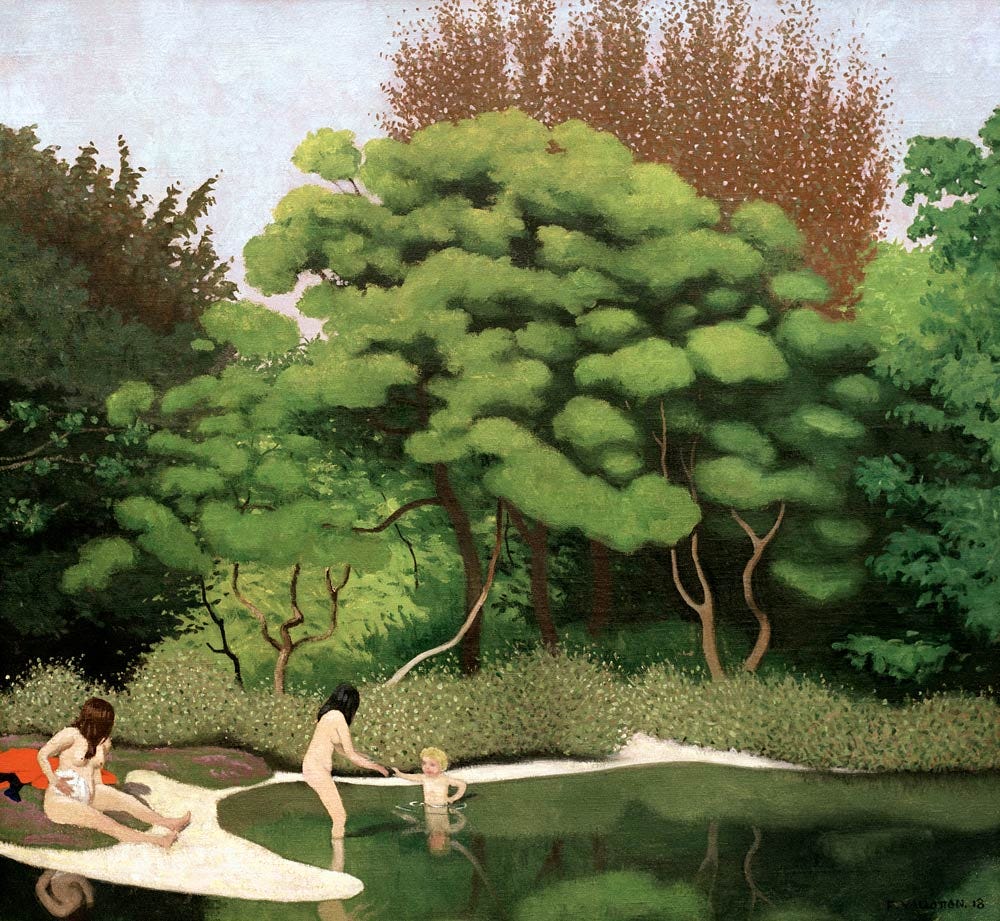


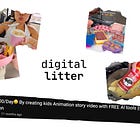
You so beautifully write what I’m feeling… it’s all so unbelievable yet every day more real. Please keep Sharing your observations and thoughts, as we don’t want or need to live like this.
This piece beautifully captures the overwhelming exhaustion that comes with living in a world that’s optimised for everything but humanity. Your words highlight the tension between progress and preservation—how, in our race for growth, we lose the things that make life rich and meaningful.